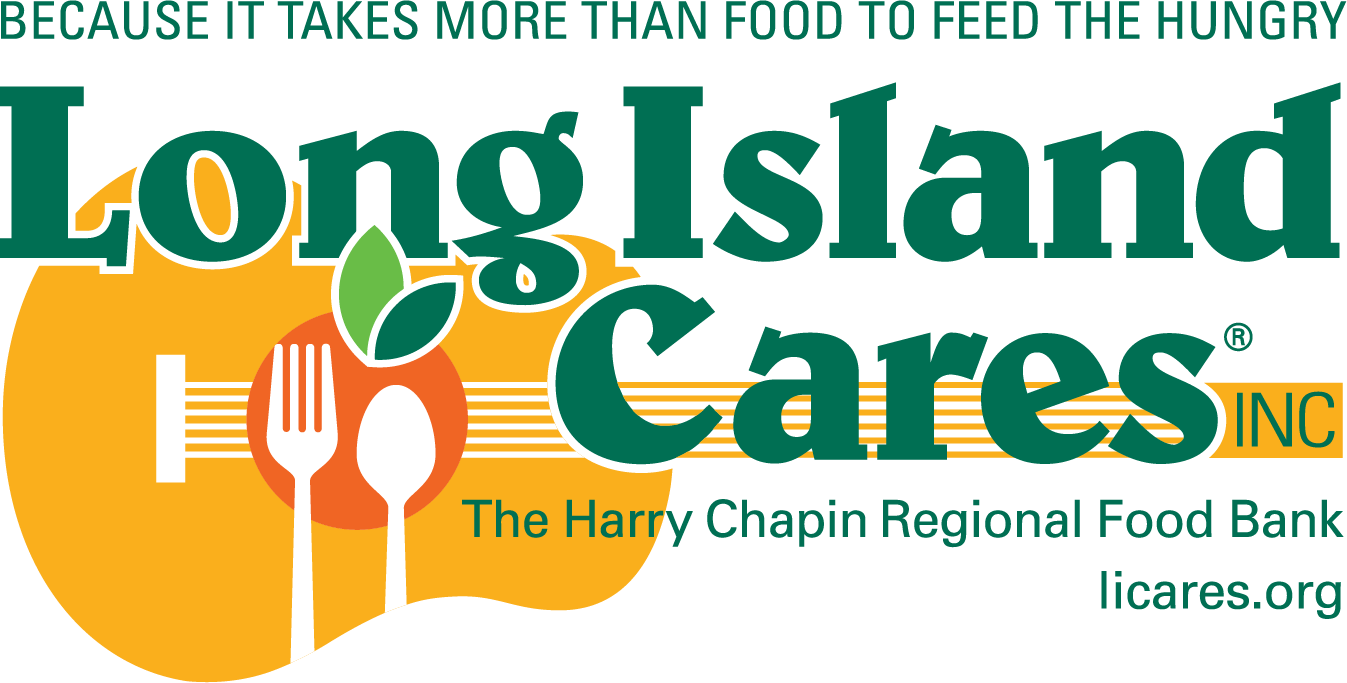Food Justice: The Importance of Access and Equity in our Food System
Guest Blogger: Landon D’Agate
According to the U.S. Department of Agriculture, in 2021, nearly 20% of Black individuals lived in food-insecure households. Additionally, Latinos were 2.5 times more likely to experience food insecurity than white individuals, with one in six Hispanic individuals experiencing food insecurity. One potential solution to improving food security is through food justice.
I was honored to speak with Karen Washington, a farmer, food justice advocate, and James Beard award winner. During our discussion, we covered many aspects of food justice, from the definition of food justice to the causes and potential solutions. Please see the interview HERE.
What is Food Justice?
Food justice is a movement that addresses the systemic inequalities and injustices within the food system and aims to ensure everyone has equal access to healthy and culturally appropriate food. Food justice addresses food insecurity, diet-related health problems, and the social impact of food production and distribution. According to Ms. Washington, food justice is “transforming the food system to eliminate the disparities that we see.” Food justice is an active movement helping to dismantle social injustices.
What contributes to Food Injustice?
Ms. Washington discussed multiple contributors to food justice in the United States. Several causes of food injustice include poverty, lack of access to transportation and healthy food options, limited nutrition education, and discriminatory practices. Additionally, systemic issues such as racism, classism, and lack of government support for low-income communities can contribute to food injustice. Finally, climate change and biodiversity loss can also affect food systems and exacerbate food insecurity.
How can future generations help improve Food Justice conditions?
Future generations can help improve food justice conditions in several ways:
- Support and advocate for policies that address the root causes of food injustice, such as poverty and discrimination.
- Invest in sustainable and equitable food systems, such as community gardens and local food co-ops, prioritizing the needs of low-income communities and communities of color.
- Promote education and resources for nutrition and healthy eating, especially in low-income communities and communities of color.
- Support farmers, mainly small-scale, sustainable, and minority-owned farmers, who work to create more equitable and sustainable food systems.
- Promote food literacy, which is the ability to understand the food system, including how food is grown, processed, and distributed, and its impact on people and the planet.
- Support and invest in research that addresses food insecurity and food justice to understand the issues more deeply and to design effective solutions.
- Engage with communities and organizations working to address food justice issues and support their efforts.
- Promote awareness and education on the link between climate change and food security and support policies and initiatives that aim to mitigate the impact of climate change on food systems.
- Be proactive instead of reactive. Reach out to your local elected officials. Get involved in your school food program. Ask the following: Where does our food come from? Why don’t we obtain food from our local farmers?
What policies or initiatives are being implemented to affect Food Justice issues?
During our interview, Ms. Washington mentioned the importance of the Farm Bill as an essential initiative to help promote food justice. The Farm Bill is a comprehensive piece of legislation passed by Congress every five years and sets federal agriculture and food policy for the United States. It includes several programs and initiatives that can affect food justice issues. Some examples include:
- The Supplemental Nutrition Assistance Program (SNAP) is the largest food assistance program in the country and helps low-income individuals and families purchase food. The Farm Bill reauthorizes and funds SNAP, and any changes made to the program during the reauthorization process can significantly impact food justice.
- The Conservation Reserve Program (CRP) provides financial incentives to farmers to set aside land for conservation purposes, such as wildlife habitat and soil and water conservation. This program can help to protect natural resources and promote sustainable agriculture, which can contribute to food justice by preserving land for future generations and promoting sustainable food systems.
- The Local Food Promotion Program (LFPP) funds farmer’s markets, community gardens, and other projects that increase access to healthy food in low-income communities.
- The Farmers Market Promotion Program (FMPP) provides funding for farmer’s markets, community gardens, and other projects that increase access to healthy food in low-income communities.
- The Organic Agriculture Research and Extension Initiative (OREI) provides funding for research and education on organic agriculture and helps farmers and ranchers transition to organic production.
- The Beginning Farmer and Rancher Development Program (BFRDP) provides education, mentoring, and technical assistance to new and beginning farmers and ranchers.
- The Outreach and Assistance for Socially Disadvantaged and Veteran Farmers and Ranchers (Section 2501) provides education, technical assistance, and outreach to socially disadvantaged and veteran farmers and ranchers.
- The Food Insecurity Nutrition Incentive Program (FINI) provides funding for incentives to SNAP participants to purchase fruits and vegetables at farmer’s markets and other direct-to-consumer outlets.
Watch my companion video to listen to my entire conversation with Ms. Washington.
Rehttps://youtu.be/veHEkx-ZVx0ferences
Coleman-Jensen, A., Rabbitt, M. P., Gregory, C. A., & Singh, A. (2022, September). Household Food Security in the United States in 2021. Retrieved from [https://www.ers.usda.gov/publications/pub-details/?pubid=104655].
“Latino Hunger Facts”(2021). Feeding America. Retrieved from https://www.feedingamerica.org/hunger-in-america/latino-hunger-facts
“Understanding Food Justice: 5 Ways to Fight Food Inequality” (2021, June 7). Written by MasterClass. Retrieved from [https://www.masterclass.com/articles/food-justice-explained].
Agriculture Improvement Act of 2018, Pub. L. 115-334, 132 Stat. 4490 (2018).
